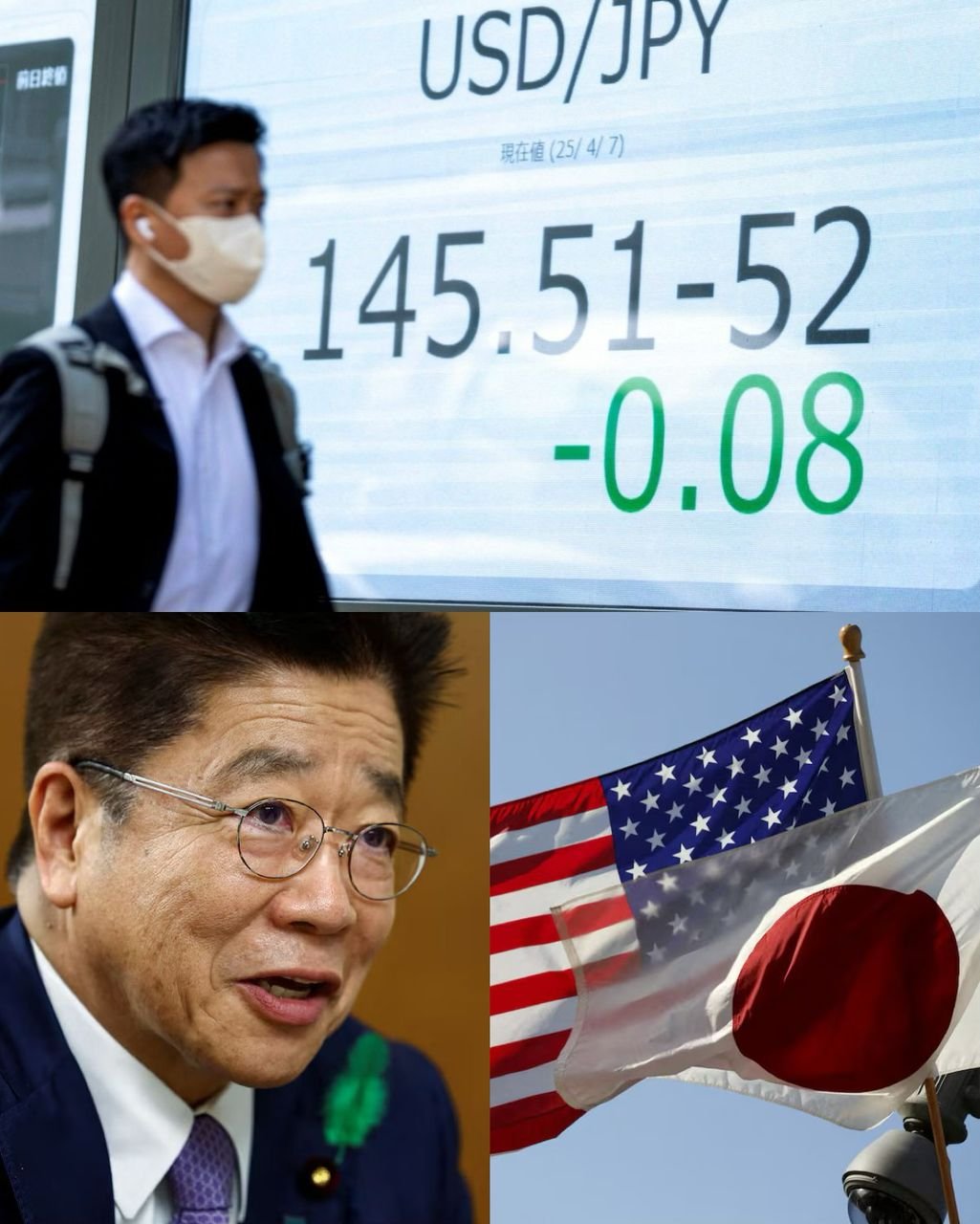The yen is expected to be a significant topic of discussion when Japanese Finance Minister Katsunobu Kato meets his U.S. counterpart Scott Bessent in Washington this week. However, sources indicate that Tokyo will resist any request to increase its currency.
According to three sources with knowledge of the negotiations, Japan perceives minimal potential for direct action, including currency intervention or an immediate interest rate increase by the central bank, despite the fact that some analysts anticipate that Washington will exert pressure on Tokyo to assist in support of the yen.
Instead, the sources stated that Japanese policymakers aspire to gain a more comprehensive understanding of the U.S.’s intentions regarding exchange rates and how they will be integrated into a series of steps that the two nations will negotiate in order to finalise a trade agreement.
This implies that the initial face-to-face discussions between Kato and Bessent, which will be the first of their kind, will likely fail to satisfy the expectations of certain market participants regarding a significant, coordinated agreement to strengthen the yen.

One of the sources stated that Japan’s strategy for the anticipated meeting between Kato and Bessent, which is scheduled to occur on the eve of the spring meeting of the International Monetary Fund in Washington, will largely involve ascertaining Washington’s intentions.
Kato informed reporters on Tuesday that the two nations are still in the process of determining a date for the meeting. According to Japanese policymakers, the United States has not yet submitted any specific requests regarding currency policy.
Washington led the G7 in a coordinated depreciation of the dollar under the Plaza Accord in 1985, which was the last significant occasion on which the U.S. pressured Japan into strengthening the yen.
INADEQUATE TOOLS
Market expectations are that Tokyo will be compelled to increase the value of the yen against the dollar in order to provide U.S. manufacturers with a competitive edge, as a result of U.S. President Donald Trump’s emphasis on addressing a substantial trade deficit and his previous criticism of Japan for intentionally maintaining a weak yen.
The yen’s recent ascent to seven-month highs against the dollar has been fuelled by these expectations.
Bessent has also expressed his enthusiasm for engaging in discussions with Japan regarding exchange rates, tariffs, and non-tariff barriers.
The Bank of Japan’s gradual increase in borrowing costs from ultra-low levels has been previously reported by sources to Reuters, and it is possible that this slowdown could be discussed during bilateral trade negotiations.
However, Japan has limited ability to affect exchange rates in a manner that is advantageous for both countries. Japan’s most recent foray into the exchange-rate market occurred in 2024, when it purchased yen to support the currency from a low of 161.99 to the dollar that was reached in early July, a level that had not been seen in nearly three decades.
Japanese officials are hesitant to pursue measures to further strengthen the yen, as the yen has already reached approximately 140 as a result of broad-based dollar declines. They are concerned that this could result in a reduction in the margin of exporters during a period of tariff strains.
In the event that Japan conducts a yen-buying intervention, it would be required to relinquish its U.S. Treasury holdings, a move that Washington may not favour in light of the recent decline in the U.S. bond market.
Japan’s monetary policy is even more difficult to employ as a means of supporting the yen. The Bank of Japan is not in the mood to hasten the process of raising rates at a time when Trump’s tariffs have the potential to seriously undermine Japan’s fragile economic recovery.
According to analysts, the central bank’s credibility would be jeopardised, and the independence of the BOJ in establishing monetary policy would be compromised by the increase in rates in response to U.S. demands.
“In the event that Japan and the United States engage in a discussion regarding currency rates, there is essentially little that the two countries can do.” Conducting currency intervention is illogical. “Rate hikes are also ruled out,” stated Hiroyuki Machida, director of Japan FX and commodities sales at ANZ.
Ultimately, the two nations may endeavour to establish a compromise in the language they employ to describe currency movements.
“The U.S. may not wish for the dollar to decline further, as both the euro and the yen have experienced significant increases in value in recent months,” stated Katsuhiro Oshima, chief economist at Mitsubishi UFJ Morgan Stanley Securities.
He stated that the two nations may ultimately come to the conclusion that stable exchange-rate movements are preferable and that Japan should refrain from intentionally undermining the yen.
Leave a Reply